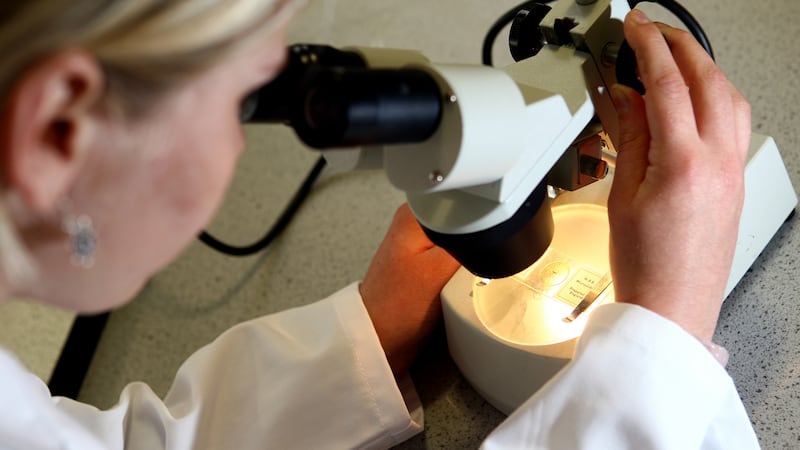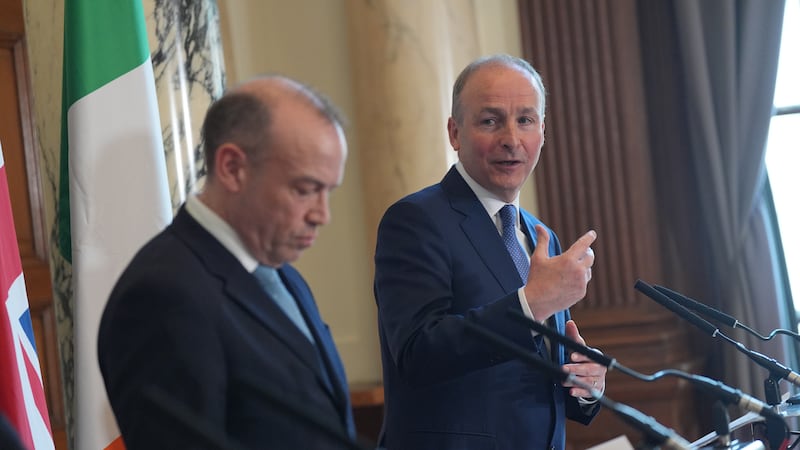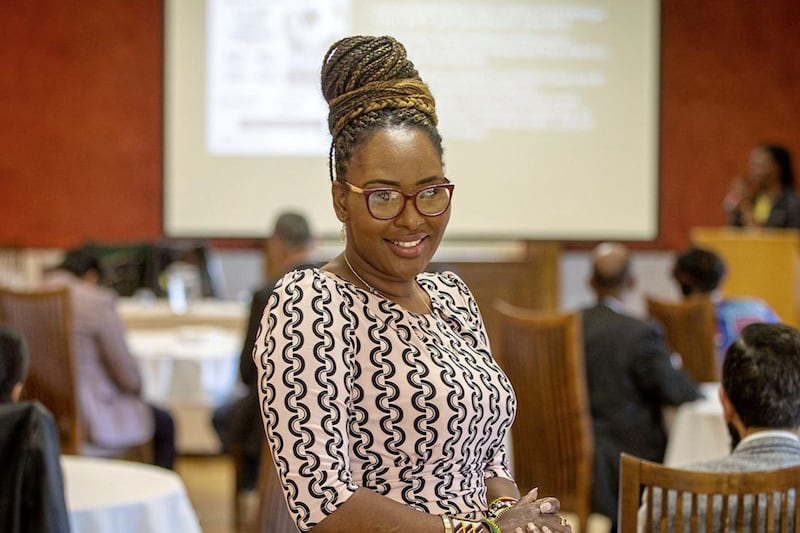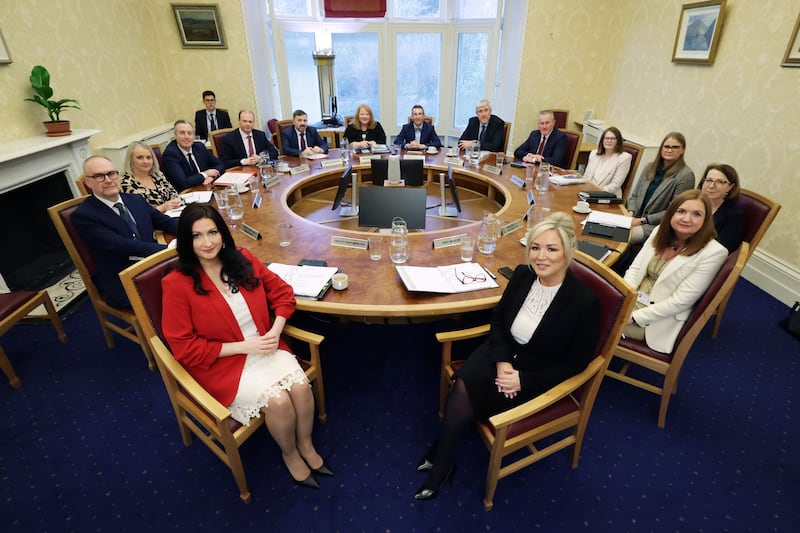GREATER cross-border co-operation across the spectrum of public services becomes more vital with every emerging crisis.
Budgetary constraints have led to crippling backlogs and underfunding in health, education, infrastructure, justice and just about everywhere else you dread to look.
Pooling expertise and resources from right across Ireland to tackle those many challenges is, frankly speaking, a no brainer.
Yesterday, a report from the All Island Cancer Research Institute (AICRI) spelled out the current state of oncology on both sides of the border and detailed how better co-ordination could be “transformative”, not just in reaching life-altering and life-changing breakthroughs but also securing economic investment to get to that point in the first place.
Sinn Fein Economy Minister Conor Murphy spoke at the launch of the report, where he stood shoulder-to-shoulder with the Irish Trade Minister Dara Calleary.
Mr Murphy said “enhanced all-island clusters in areas such as life and health sciences are critical”, adding: “I intend to make the most of all-island economic co-operation, and the north’s unique dual market access, to improve productivity, create good jobs, address regional economic imbalance, and maximise our net zero economy.”
We have already seen what is possible through such an approach, as demonstrated by the strides taken by the Ireland–Northern Ireland–US National Cancer Institute Cancer Consortium.
More than 35,000 patients received treatment in cancer clinical trials in the past 25 years, saving thousands of lives and improving the quality of life of those living beyond cancer.
However, without the Northern Ireland Cancer Strategy being implemented, none of the Department of Health’s statutory targets for waiting times for cancer patients are being met. This is unacceptable.
As Mark Lawler, Professor of Digital Health at Queen’s University, said yesterday: “We have a huge opportunity here to deliver something truly transformational on the island of Ireland, through a cross-border approach that enhances both the health and wealth of our citizens and society.”
He is absolutely right on that point and also when he says “cancer knows no borders”.
This is a point we have made, and an issue we have put a spotlight on, time and again in these pages.
With the ongoing pressures on the public purse, greater cross-border co-operation across a whole range of touchpoints becomes ever more fundamental to citizens’ lives.
A joint initiative between the Royal Irish Academy and the University of Notre Dame - Analysing and Researching Ireland North and South (ARINS) - has funded the development of a policy framework that will help deliver the benefits of cancer research and care across the island.
Research into this indiscriminate disease isn’t a ‘nice to have’ thing, it’s essential and all levers which can be pulled to deliver it should be.








